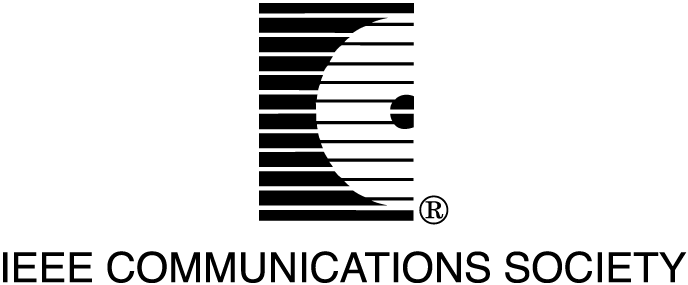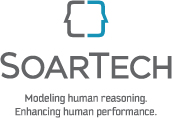Panel 1: Mutual Awareness in Human-Robot Teams
Tuesday, March 10, 2015, 4:00 pm - 5:30 pm
Panel Organizers: Dr. Kristin Schaefer, Army Research Laboratory, USA, and Dr. Ann Bisantz, University at Buffalo, The State University of New York
The topic area of human-machine cognition has gained increased exposure as robot design moves toward advanced autonomy and independent decision-making capabilities. These technological advancements have expanded the range of possibilities for future human-robot interaction and teaming efforts across the robotic domains, from industrial and military robotics to social and entertainment robotics. But with this changing foundation for human-robot interaction, there are a number of potential problems that arise. The goal of this panel is to provide additional insight into one of the key questions related to the future of human-robot interaction: How do we address the issue of mutual awareness (also discussed as shared situation awareness) in human-robot teams. This panel addresses this topic from both a psychological foundation that addresses the human needs in these future interactions, as well as robotics development perspective that addresses some of the current and future technological needs. Our goal is for this panel to provide: 1) an introduction to key concepts relating to mutual awareness (e.g., situation awareness, transparent communication, natural language processing), 2) a brief review of current model development (e.g., Situation Awareness Transparency model, robotics World Model), and 3) outline future human-robot interaction and technology needs.
Panel 2: Situation Awareness and Control in Cyber-Physical-Human Systems
Wednesday, March 11, 2015, 4:00 pm - 5:30 pm
Panel Organizer: Dr. Gabriel Jakobson, Altusys Corp., USA.
Panelists:
Dr. Kirstie Bellman, The Aerospace Corporation
Dr. Christian Lebiere,Carnegie Mellon University
Dr. James Llinas, University at Buffalo
Dr. Jurgo Preden, Tallinn University of Technology, Estonia
Recently the domain of cyber-physical-human systems (CPHS) has emerged as a particular class of complex “system of systems”, where the interactions between the cyber, physical and human components create a new quality in collective behavior of those components that otherwise would be infeasible to carry out by an individual component. The advancements in computing, communication, robotics, and mobile technologies have created unique opportunities for a large variety of different CPHS applications, including smart cars, intelligent highways, healthcare applications, robotic space exploratory missions, smart grid, business enterprise management, and tactical mission control. Assuming an articulated goal directed collective behavior of CPHS, it is essential to understand the situations happening in the CPHS environment, reason about those situations and apply proper situation control actions. The emergence of CPHS involves holistic, cross-cyber, -physical and human domain situation awareness based on integrated situation sensing, perception and comprehension; it requires modeling of spatio-temporal and domain constrains depending what contextual interpretations the time and space play in the physical, cyber and social (human) worlds. The panel aims to focus on the role of situation awareness and situation control in CPHS: do the current models and solutions of situation awareness satisfy the needs of CPHS, in what direction the models and algorithms of situation control need to be advanced, what are the architectural challenges of engineering CPHS in terms of effectiveness, efficiency and adequacy of their operations.
Panel 3: Future Directions of CogSIMA
Thursday, March 12, 2015, 11:00 am - 12:30 pm
Panel Organizers: Prof. Mieczyslaw Kokar, Northeastern University, USA and Prof. Tom Ziemke, University of Skowde, Sweden
This is a special year for this conference: the 5th anniversary of CogSIMA and the 10th anniversary of its predecessor - the Situation Management Workshop. It is a good time to re-examine the main ideas behind the establishment of this conference as a yearly event.
The panel will focuses on several aspects: (1) identification of real-world problems that require sharing of “situations” between humans and computers, (2) identification of national and international R&D programs that could serve as funding sources for the solutions presented at CogSIMA, (3) a review of formal models of situation awareness that can serve as the main concepts for a theory of situation awareness, and (4) a debate on the value proposition of CogSIMA and possible modifications of the focus of this conference.




